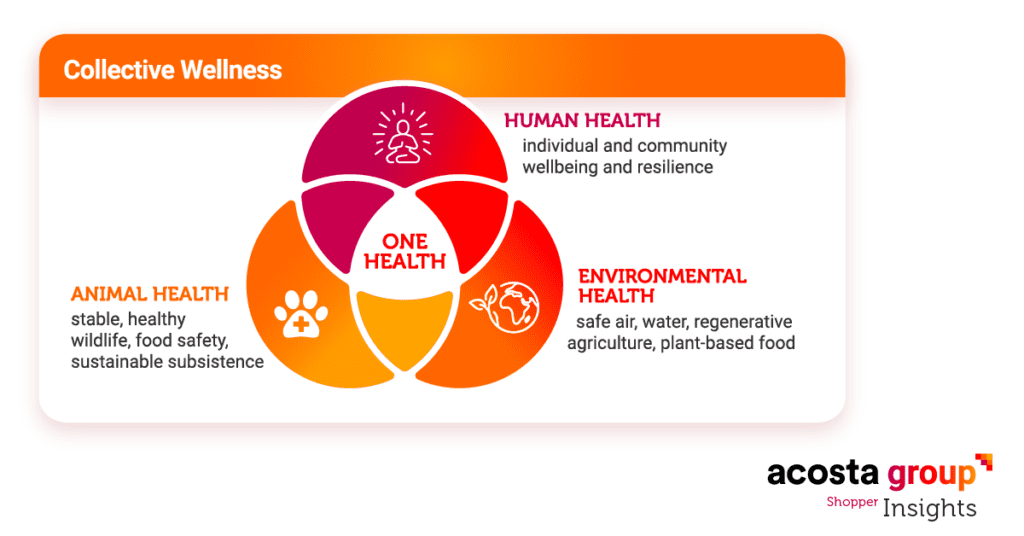
The Power of Plant-Based: A Global Movement Towards Healthier Living
As the sun sets over bustling urban centers and tranquil rural landscapes alike, a global shift in eating habits illuminates a path towards healthier living. The plant-based diet movement isn't merely a fleeting trend; it represents a profound change in how individuals perceive nutrition, sustainability, and wellness. This lifestyle, anchored in the consumption of plant-derived foods, is reshaping the culinary landscape and igniting a revolution in health and environmental consciousness.

Nourishing a New Era
The rise of plant-based diets is a response to growing concerns about the health implications of meat-heavy diets. According to nutrition experts, reducing meat consumption can significantly lower the risk of chronic diseases such as heart disease, diabetes, and certain types of cancer. "Plant-based diets are rich in essential nutrients, fiber, and antioxidants," notes Amanda Bligh, a wellness advocate and nutritionist. "They support better digestion and overall health, making them an attractive option for those looking to improve their lifestyle."
The movement is not just about cutting down on meat. It embodies a holistic approach to eating that emphasizes fresh fruits, vegetables, grains, nuts, and legumes. This shift is not only beneficial for personal health but also for the planet. The environmental benefits of plant-based diets are well-documented; they require fewer resources and produce less greenhouse gas emissions compared to animal-based diets.
The Economic Impact and Industry Evolution
With the soaring popularity of plant-based diets, the food industry is undergoing a significant transformation. The demand for plant-based products is projected to continue its exponential growth, as consumers seek options that align with their health and ethical values. Major food corporations and startups alike are innovating to meet this demand, offering plant-based versions of traditionally meat-based products.
The transition is evident in grocery stores and restaurants worldwide, where plant-based options are no longer niche but mainstream. New product lines boast inventive uses of ingredients like pea protein, jackfruit, and quinoa, catering to an audience eager for variety and healthful options. This change is not only a testament to consumer power but also an opportunity for economic growth in a sector that champions sustainability.
Cultural and Social Dimensions
Beyond the health and economic implications, the plant-based diet movement is fostering cultural and social shifts. It challenges traditional food norms and encourages a more inclusive approach to cuisine that respects diverse dietary needs and preferences. With celebrities and influencers advocating for plant-based living, the movement is gaining momentum, particularly among younger generations who are increasingly conscious of their environmental footprint.

This plant-centric approach to eating also supports the idea of food as medicine, promoting the understanding that dietary choices deeply impact physical and mental health. The growing body of research highlights the mental wellness benefits of plant-based diets, which include mood enhancement and reduced symptoms of anxiety and depression. This holistic understanding is shifting public perception and inspiring a broader commitment to wellness.
Overcoming Challenges
Despite its benefits, the transition to a plant-based lifestyle is not without challenges. Accessibility and affordability remain significant barriers in many regions, where plant-based options can be less available or more costly than traditional diets. However, initiatives aimed at increasing accessibility and education are underway, supported by organizations and advocates committed to making plant-based eating a viable choice for all.
Communities, like the ones supported by the Goldsboro YMCA, are integral in providing resources and support for those looking to make the switch. Through educational programs and community events, individuals are empowered with the knowledge and confidence needed to embark on a plant-based journey.
The Future of Plant-Based Living
As we look to the future, the plant-based movement shows no signs of slowing down. With the increasing awareness of the interconnectedness of health, sustainability, and ethical consumption, this lifestyle choice is positioned at the forefront of global health trends. The movement is not just about food; it's about fostering a more compassionate, sustainable, and health-conscious world.
In conclusion, the power of plant-based living lies in its ability to transform not only individual lives but also communities and ecosystems. As more people embrace this lifestyle, the ripple effects will continue to spread, inspiring a healthier, more sustainable future for all. Whether you're a seasoned plant-based eater or just beginning to explore the possibilities, the time is ripe to join this thriving global movement towards better living.
For those interested in diving deeper into plant-based living, resources like Amanda Bligh Wellness offer valuable insights and inspiration for making nutritious and sustainable choices. With informed decisions and a bit of creativity, the journey towards a plant-based lifestyle can be both rewarding and enjoyable.
